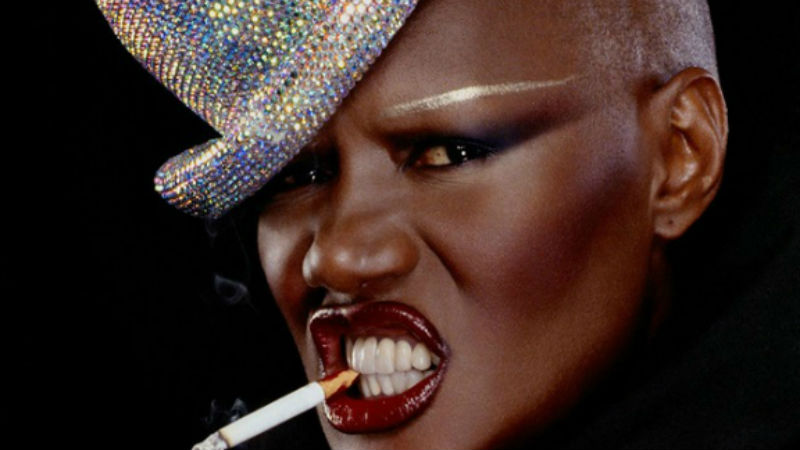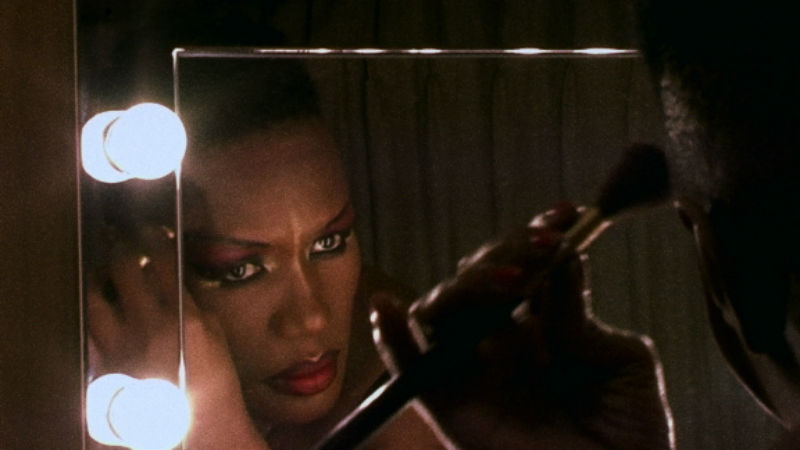QUICK SNAP: LIVE FROM TALLINN
Comrade Demka (Donald Shehu) just can’t say no. It’s 1971, and he’s strongly in demand as a political speechwriter. As fast as he can churn out speeches, it seems, he’s asked to write more. His wife Zenepja (Xhoana Karaj) is fed up with him working all the time, feels he’s wasting his talent and anyway would rather he spent more time with her. And then, there’s Comrade Zylo (Aleks Seitaj), appropriating speeches Demka has written for others, such as the one on the tedious-sounding ‘Innovative Developing Elements in the spread of our culture throughout Albania’.
Watching Zylo read one of Demka’s speech through the circular windows of the auditorium doors, Demka listens to the praise for Zylo pouring from the mouth of Zylo’s wife Adila (Enisa Hysa). She’s impressed by the words her husband has written, unaware that Demka, not Zylo, actually wrote them. She’s less impressed, along with most of the audience, with the speech of committee chair Comrade Q (Petrit Malaj) – which Demka also wrote, on a tight deadline – going down rather less well. At the after-speech dance (with a traditional and very conservative Albanian folk band) she dances and flirts with Demka.
Q meanwhile, is less than happy, feeling that Demka could have written better for him. No sooner has he stormed off than Zylo, who clearly knows a good thing when he sees it, is asking Demka to come and work for him. He introduces Demka to one of his sons, the composer Diogenio (Samuel Vargu). Also in Zylo;’s circle are the playwright of The Storm Is Defeated, Adem Adashi (Amos Muji Zaharia), and his wife, the singer Cleopatra (Jorida Meta).
Zylo becomes obsessed with the potential effect of socialism on West Africa, and wants Demka to write him a speech for an upcoming conference there. The pair of them go to Africa on a delegation, accompanied by Cleopatra. There’s clearly something going on between Zylo and Cleopatra. No-one in the party pays any attention to the delegation, which proves something of a non-event. Except that it’s the beginning of the end for the career of Comrade Zylo.
The whole thing oscillates between a bureaucratic drama with Comrade Q, Zylo and various factions vying against each other to get ahead, an existentialist drama in which Demko struggles to write to deadline, a domestic drama in which Demko’s wife thinks he’s a great writer wasting his time on political speeches, and the occasionally very funny scene of satire about life in an Eastern Bloc socialist state.
Perhaps the best scene occurs when during a visit to a village, Zylo gets drunk at a gathering convened in his honour and starts talking about all men being equal, that they shouldn’t oppress their women like tyrants, and so forth. He starts waving his pistol about (not with the intent of discharging it, except maybe to put a bullet in the ceiling) while everyone around him is getting increasingly worried. He’s speaking out for an equality which can’t possibly exist under the current bureaucratic, socialist system, with its Party hierarchy, and it’s as if everyone is aware of the existing pecking order but him, the person in charge.
Overall, this is a film likely to make more sense or to appeal to those who have experienced life under a totalitarian leftist regime than those of us who haven’t.
The Rise & Fall Of Comrade Zylo premiered in the 26th Tallinn Black Nights Film Festival.










